

Arkansas: The Worst Place to Rent in America(2014)
"Arkansas is one of the worst places to be a renter in America. It is the only state in the US where tenants are treated as criminals for paying rent late and landlords are not required by law to maintain their properties. "Its failure-to-vacate law lets landlords give tenants a 10-day eviction notice if they are even one day overdue. Tenants who can't or won't leave within that span face fines for every day they remain on the property and up to 90 days in jail. "This makes things difficult for the third of Arkansas's residents who are renters and have legitimate concerns about the properties they are occupying. The combination of failure-to-vacate and the lack of warranty of habitability make it almost impossible for tenants to challenge their landlords for legitimate reasons. It's estimated that criminal evictions occur everyday in Arkansas, resulting in over 2000 failure-to-vacate cases being filed each year."

Movie: Arkansas: The Worst Place to Rent in America

Arkansas: The Worst Place to Rent in America
HomePage
Overview
"Arkansas is one of the worst places to be a renter in America. It is the only state in the US where tenants are treated as criminals for paying rent late and landlords are not required by law to maintain their properties. "Its failure-to-vacate law lets landlords give tenants a 10-day eviction notice if they are even one day overdue. Tenants who can't or won't leave within that span face fines for every day they remain on the property and up to 90 days in jail. "This makes things difficult for the third of Arkansas's residents who are renters and have legitimate concerns about the properties they are occupying. The combination of failure-to-vacate and the lack of warranty of habitability make it almost impossible for tenants to challenge their landlords for legitimate reasons. It's estimated that criminal evictions occur everyday in Arkansas, resulting in over 2000 failure-to-vacate cases being filed each year."
Release Date
2014-06-24
Average
0
Rating:
0.0 startsTagline
Genres
Languages:
Keywords
Similar Movies
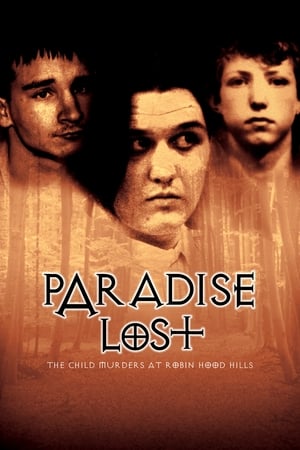 7.6
7.6Paradise Lost: The Child Murders at Robin Hood Hills(en)
A horrific triple child murder leads to an indictment and trial of three nonconformist boys based on questionable evidence.
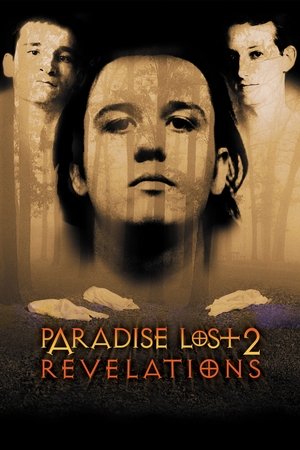 7.1
7.1Paradise Lost 2: Revelations(en)
Revisiting the 1994 Arkansas murder of three 8-year-old boys and the three teenagers convicted of the crime. A follow up to Paradise Lost, Revelations features new interviews with the convicted men, as well as with the original judge and police investigators.
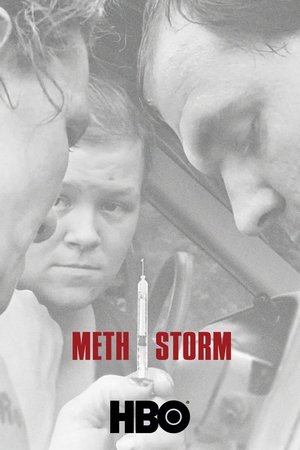 6.3
6.3Meth Storm(en)
As police and DEA agents battle sophisticated cartels, rural, economically-disadvantaged users and dealers–whose addiction to ICE and lack of job opportunities have landed them in an endless cycle of poverty and incarceration–are caught in the middle.
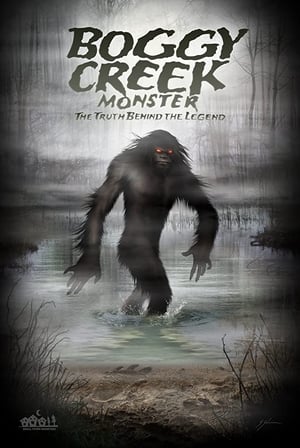 6.1
6.1Boggy Creek Monster(en)
In 1973 a horror movie titled The Legend of Boggy Creek was released. Focusing on a series of bizarre events that took place around the town of Fouke, Arkansas, the film was an instant success. But what was the reality behind the "Fouke Monster"? Boggy Creek Monster takes you where no film has gone: in search of the truth behind the legend...
 8.2
8.2Sieben Mulden und eine Leiche(de)
Thomas Haemmerli is about to celebrate his fortieth birthday when he learns of his mother's death. A further shock follows when he and his brother Erik discover her apartment, which is filthy and full to bursting with junk. It takes the brothers an entire month to clean out the place. Among the chaos, they find films going back to the 1930s, photos and other memorabilia.
 0.0
0.0The Bigger Bubble(en)
After starting a painting business right before the housing crash, a filmmaker drives over 35,000 miles to track down the people who saw it coming and look ahead to the consequences of a decade of secret bank bailouts and 0% interest.
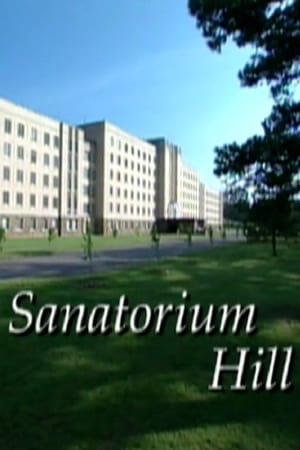 0.0
0.0Sanatorium Hill(en)
From 1910-1972, Arkansas State law mandated that all victims of Tuberculosis (TB) be isolated in the State Sanatorium in Booneville, Arkansas. Some of them returned home free of their symptoms from Sanatorium Hill. Others died there, either of the disease or of the gruesome operations prescribed by the doctors. This documentary tells the story of patients who survived these morbid treatments, recovered from the disease of TB but unable to forget the pain, suffering and despair.
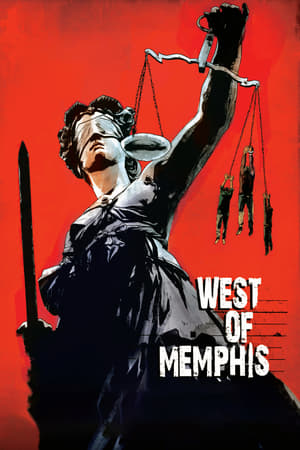 7.4
7.4West of Memphis(en)
The documentary tells the hitherto unknown story behind an extraordinary and desperate fight to bring the truth to light. Told and made by those who lived it, the filmmakers' unprecedented access to the inner workings of the defense allows the film to show the investigation, research, and appeals process in a way that has never been seen before; revealing shocking and disturbing new information about a case that still haunts the American South.
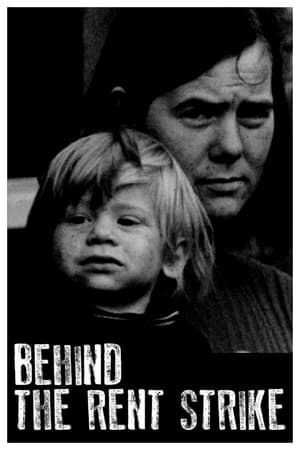 6.6
6.6Behind the Rent Strike(en)
Kirby, on the outskirts of Liverpool, England, October 1972. A chronicle of the fourteen-month strike by thousands of tenants to protest against the £1 increase in council house rents due to the Housing Finance Act.
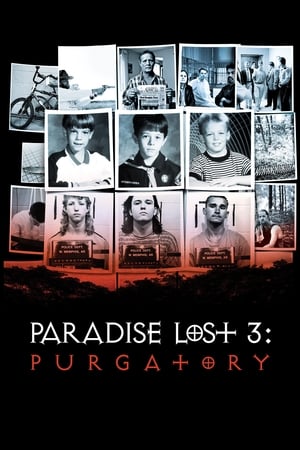 7.3
7.3Paradise Lost 3: Purgatory(en)
A further investigation into the arrest of three teenagers convicted of killing three young boys in Arkansas who spent nearly 20 years in prison before being released after new DNA evidence indicated they may be innocent.
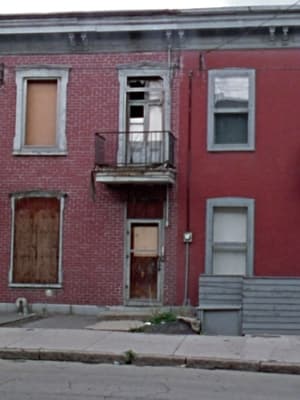 0.0
0.0Montréal: The Neighborhood Revived(en)
This full-length documentary from the Challenge for Change program addresses housing issues affecting Montreal in the mid-1970s. As the city is restoring older apartments through direct action and government subsidies, new, low-rent housing is being integrated into old neighborhoods.
The People of the Kattawapiskak River(en)
Alanis Obomsawin’s documentary The People of the Kattawapiskak River exposes the housing crisis faced by 1,700 Cree in Northern Ontario, a situation that led Attawapiskat’s band chief, Theresa Spence, to ask the Canadian Red Cross for help. With the Idle No More movement making front page headlines, this film provides background and context for one aspect of the growing crisis.
 5.5
5.5The Bubble(en)
Diving deep into the true causes of the Great Recession, the financial crisis of the 2010s, renowned economists, investors and business leaders explain what America is facing if we don't learn from our past mistakes. Is the economy really improving or are we just blowing up another Bubble?
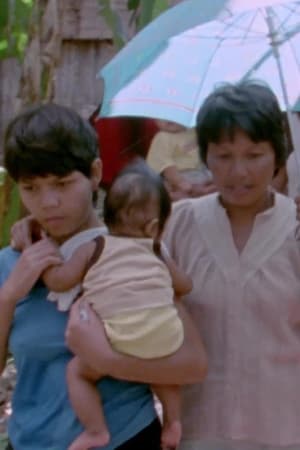 0.0
0.0Holding Our Ground(en)
Filmed in a squatter community of Labangon in Cebu, Philippines, Holding Our Ground is the inspiring story of a group of women who have organized collectively to pressure their government for land reform, to establish their own money-lending system and to create shelters for street kids. A story of grassroots organizing that can be a model in both hemispheres.
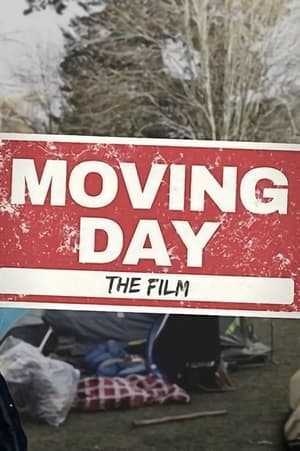 0.0
0.0Moving Day(en)
Moving Day tells the story of the people who were left outside – quite literally – during a global pandemic. With the rise of Covid-19, shelters closed, jobs were lost, and homelessness in "Victoria B.C." (unceded L'kwungen Territories), swelled. A community formed in the city’s biggest park and as they learn of an ambitious plan to house everyone by March 31, 2021, uncertainty in the park, and in their lives mounts.
 0.0
0.0The Sand Island Story(en)
This short documentary chronicles a four-month period between 1979 and 1980 when residents of Hawaii's Sand Island "squatter" community attempted to resist eviction from the Honolulu shoreline - resulting in displacement, arrests, and the destruction of a community.
 8.0
8.0Tales from the Crescent(en)
A paranormal true crime documentary about the historic Crescent Hotel located in Eureka Springs, AR. This captivating film focuses on the hotel’s current happenings and eerie history that have earned it the moniker of “the most haunted hotel in America."
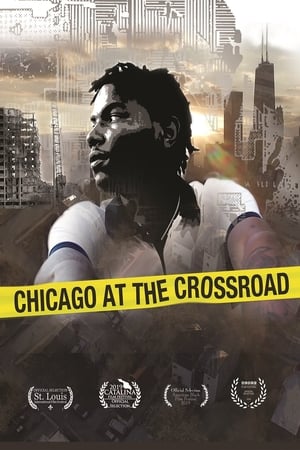 4.0
4.0Chicago at the Crossroad(en)
While gun violence was on the decline in most major US cities, why did it continue to increase in Chicago's segregated communities? What is known about the systems that created the problem, the laws that isolated it, and the policies that abandoned it? Using dramatic footage, including interviews with residents on the front lines over the last 15 years, this documentary opens a rare historical window into the systematic creation of poverty stricken communities plagued by gun violence.
Housing against Everyone(cs)
The availability of housing is a big topic today. It has the strongest impact on those who participate least in the public debate – low-income households, minorities or single women. The film follows a group of activists around Martin Freund, a representative and member of the Live Brno movement, as they try to persuade politicians in the second largest Czech city about their vision of affordable housing.
